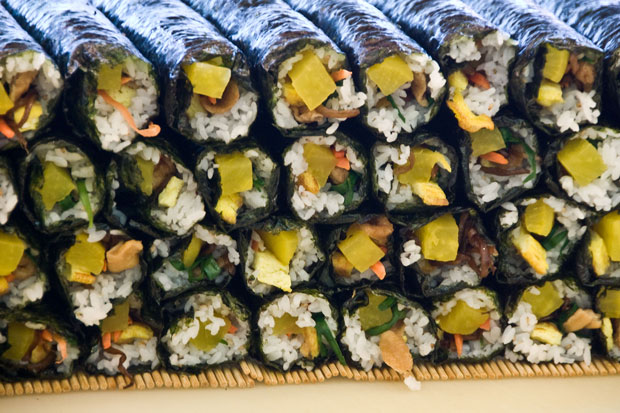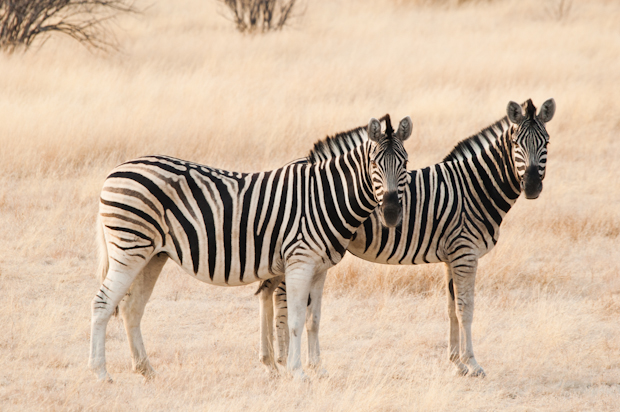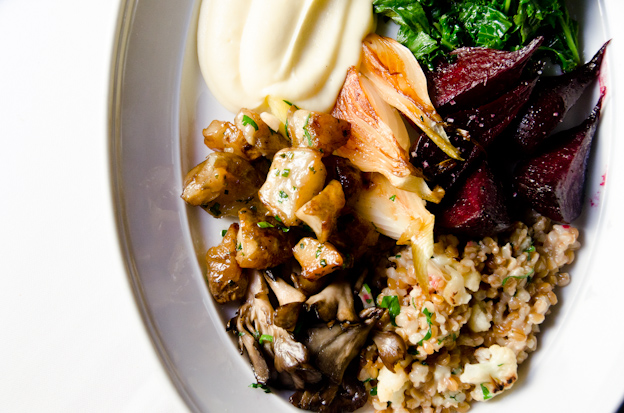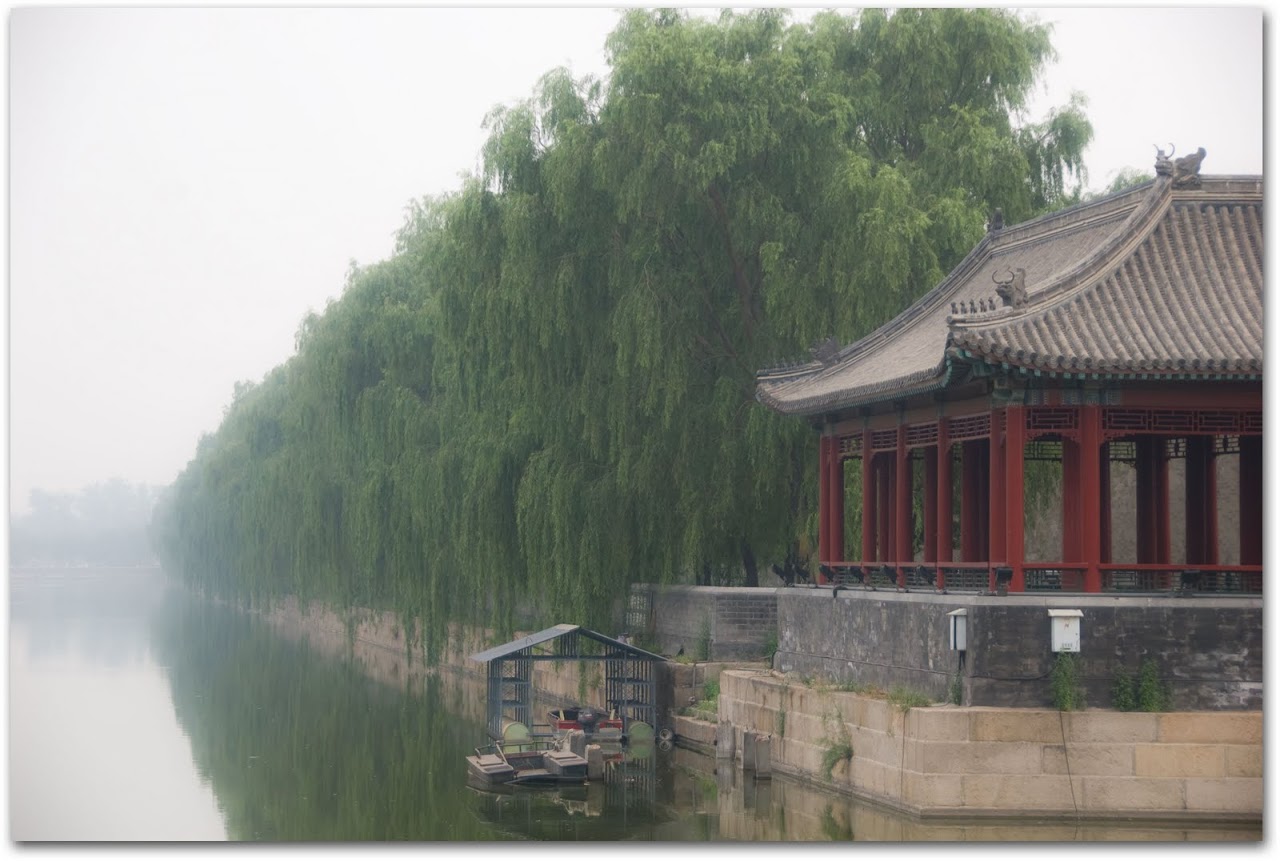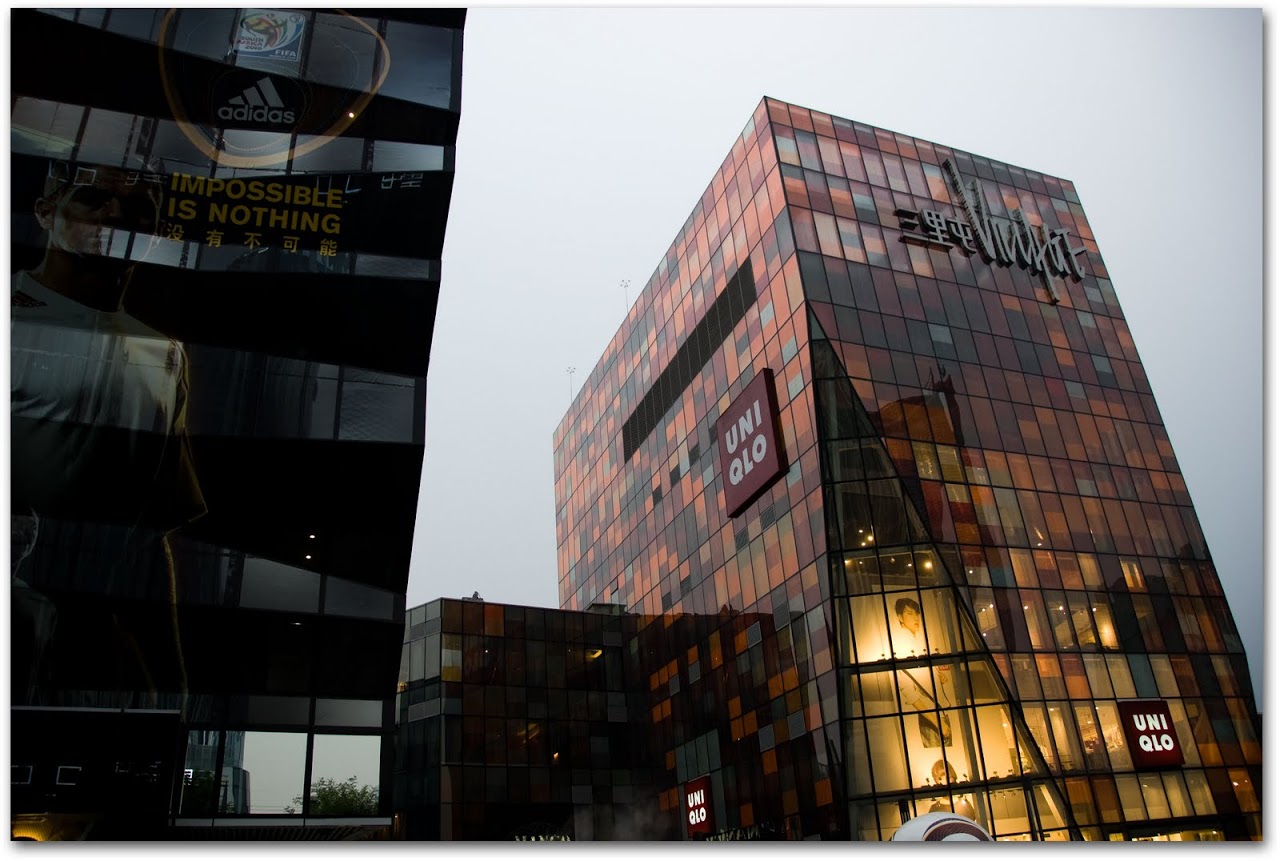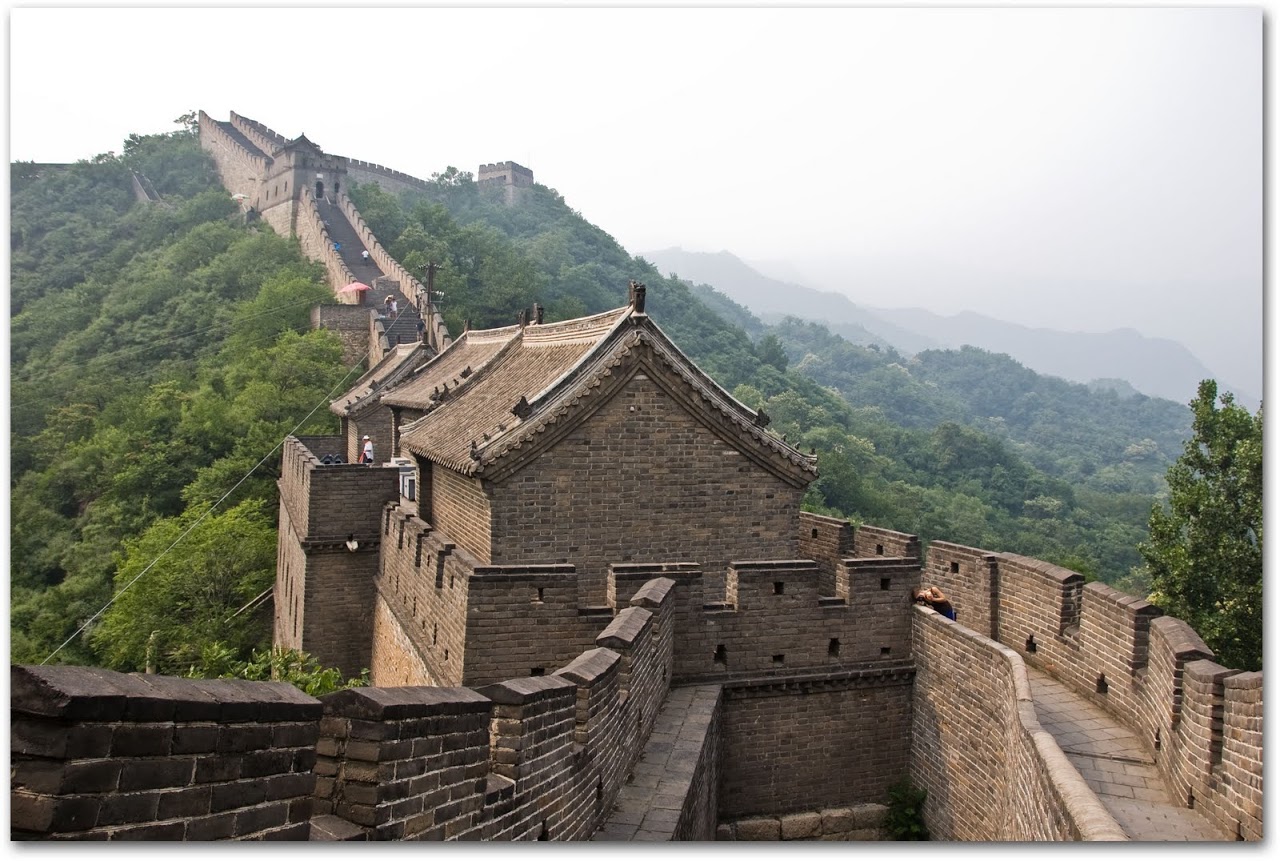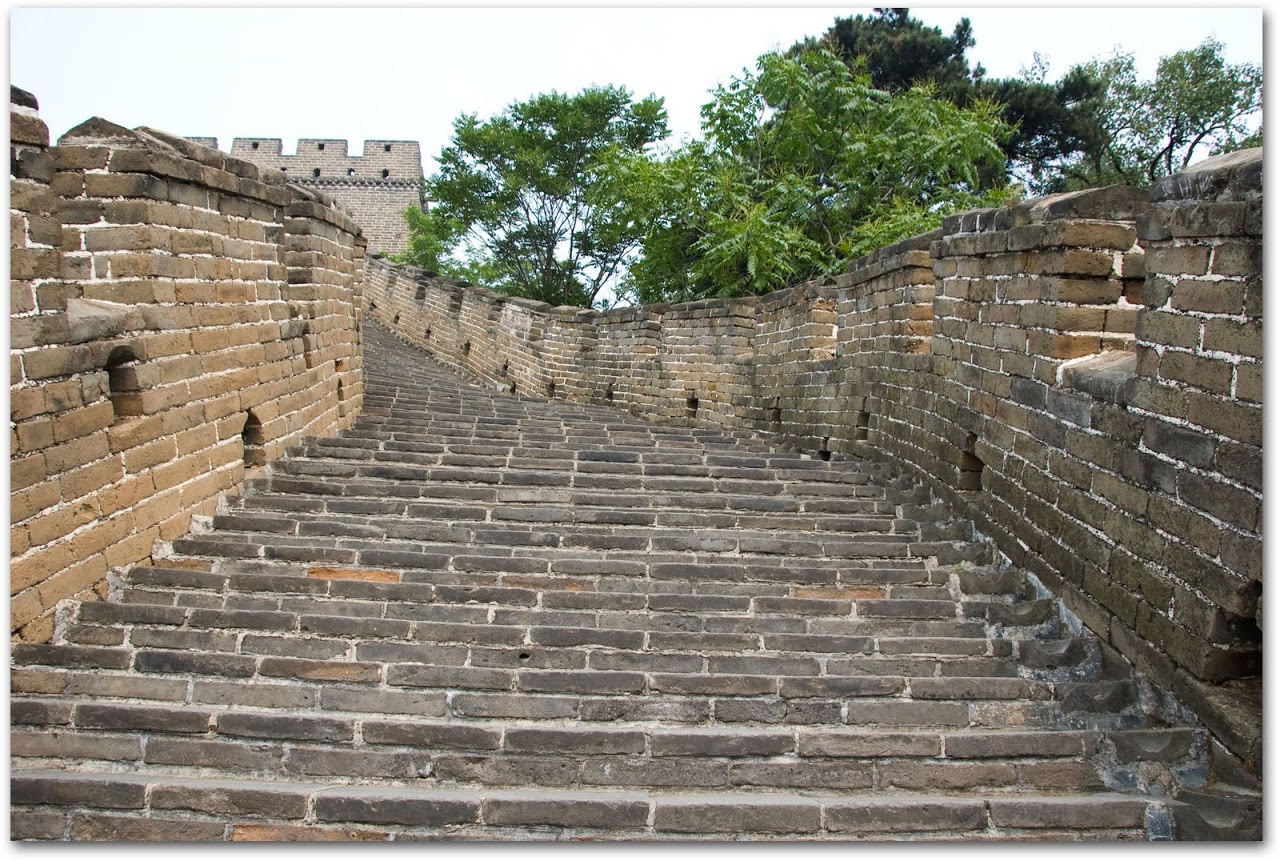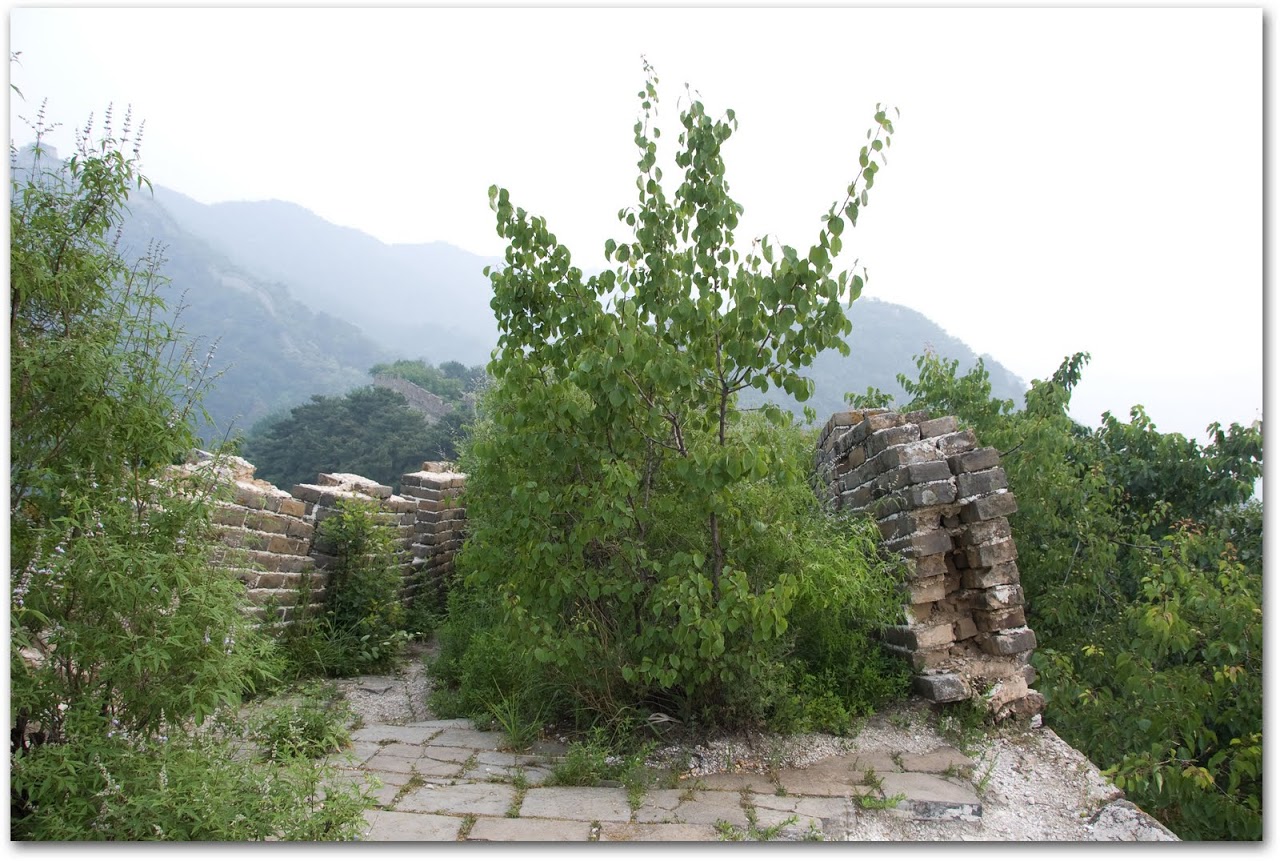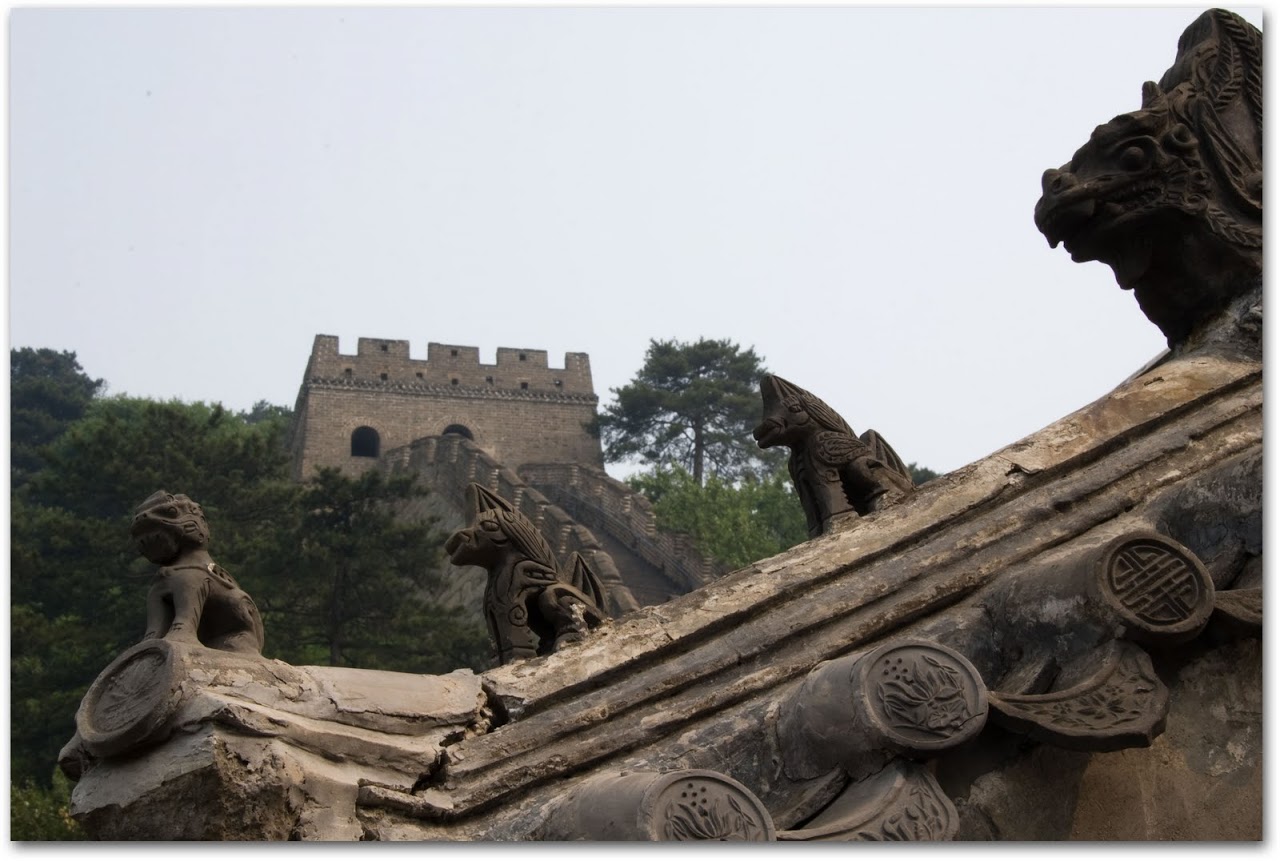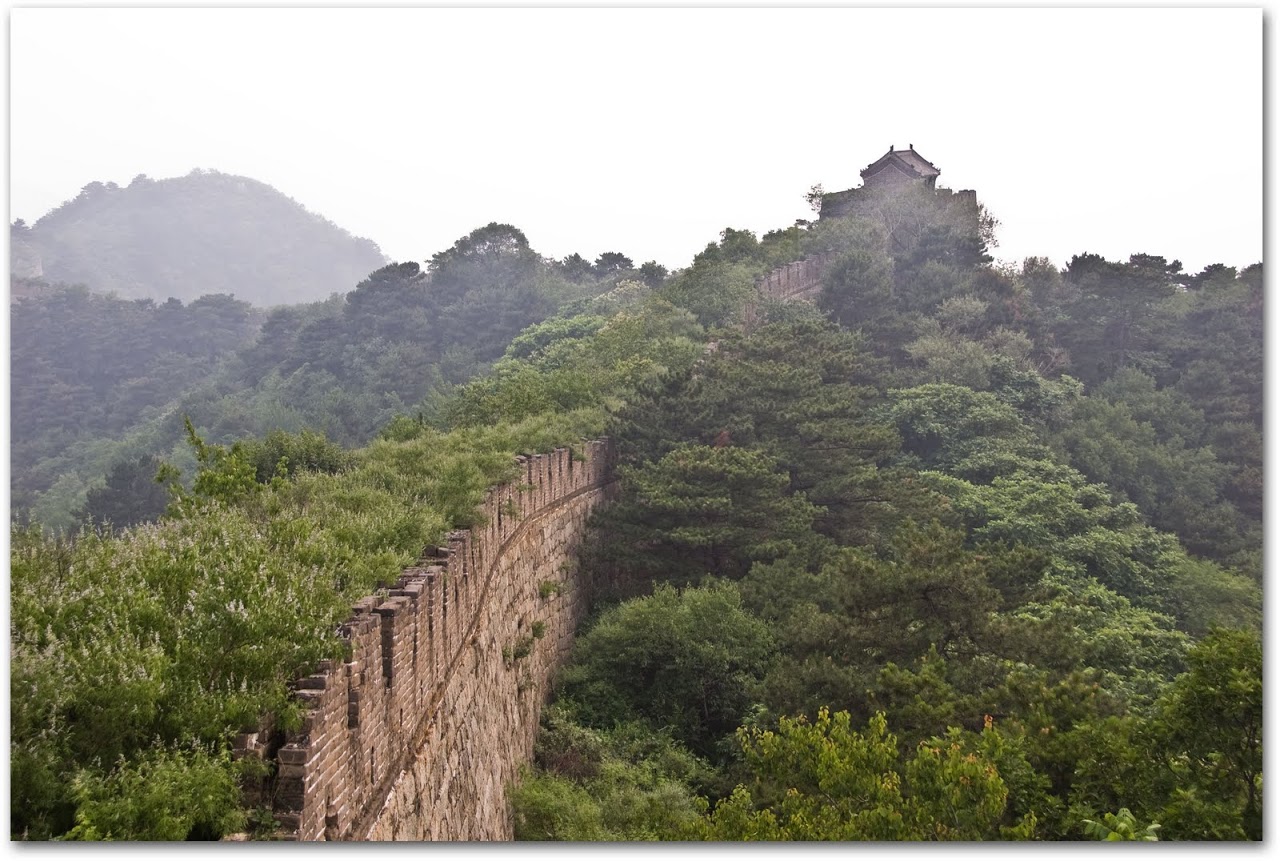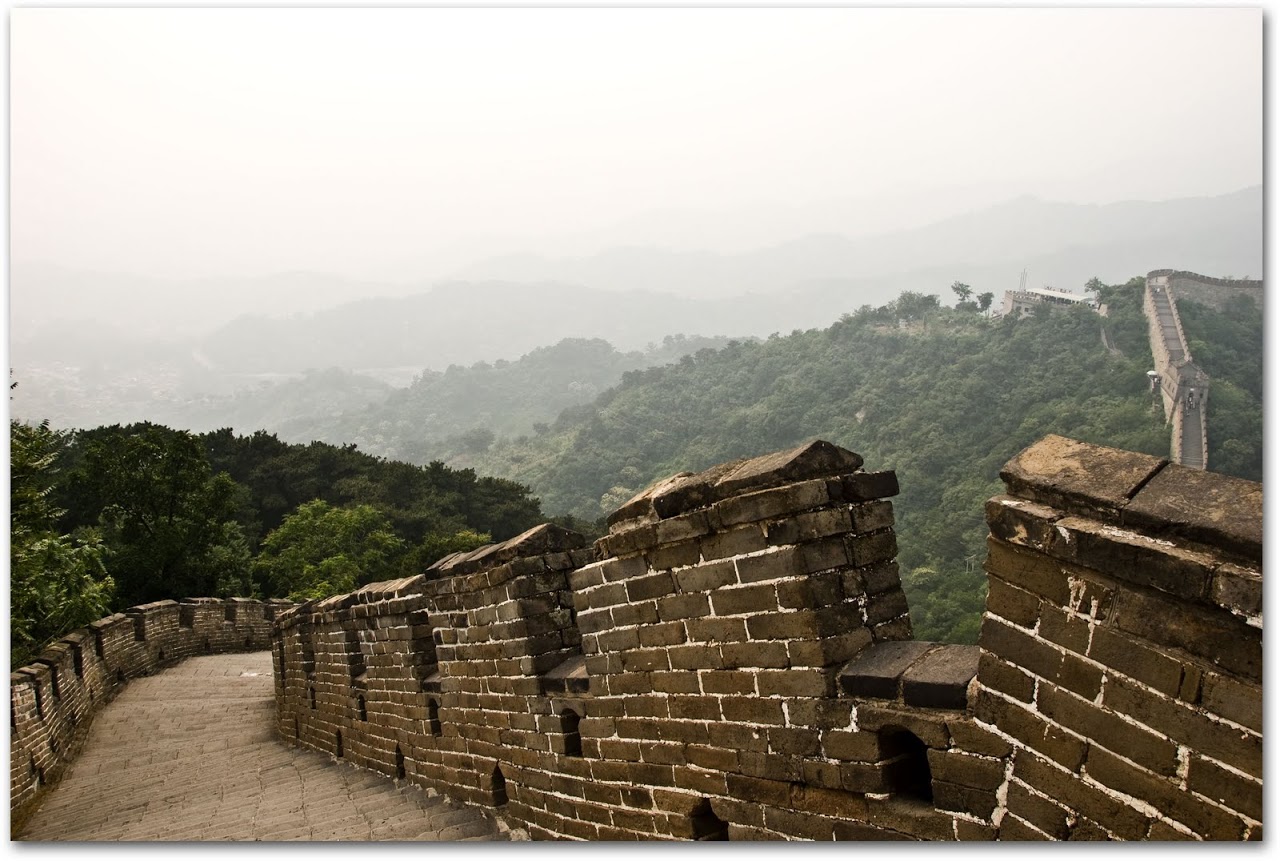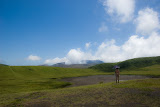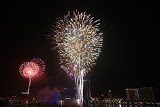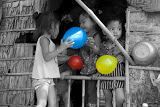Moat outside Forbidden City
Unlike South Korea , where we knew nothing about the country, our impressions of China were colored by a lifetime of assumptions and half-knowledge. We grew up watching the Karate Kid, Bruce Lee, and Jackie Chan (Rumble in the Bronx, anyone?). Even in my tiny Southern town, we had a Chinese take-out restaurant and Patrick's family used to eat at one of the many Chinese buffets in Atlanta every weekend. We knew about Mao and the Cultural Revolution, the One Family One Child rule, the abandoned and aborted baby girls, and the restrictions placed on speech and the Internet.
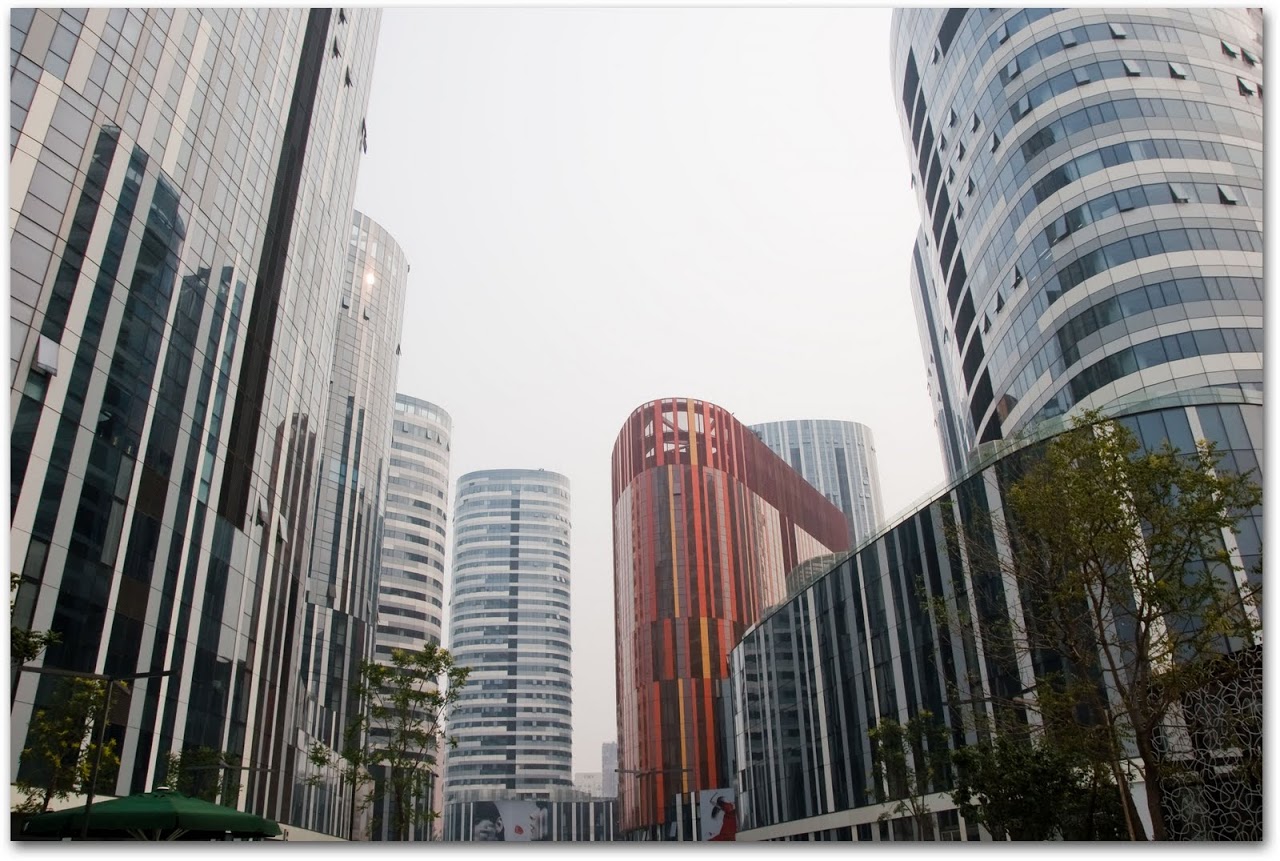
|
|
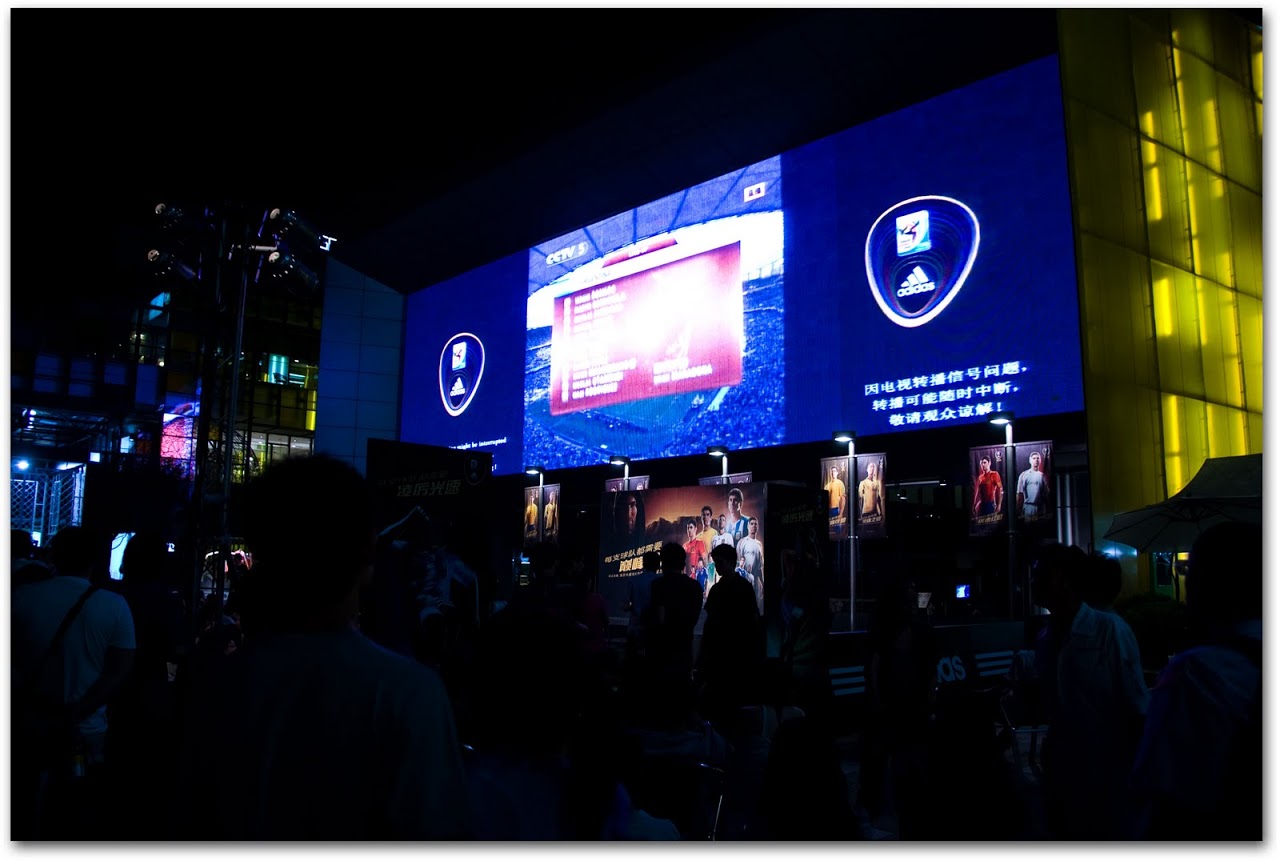
|
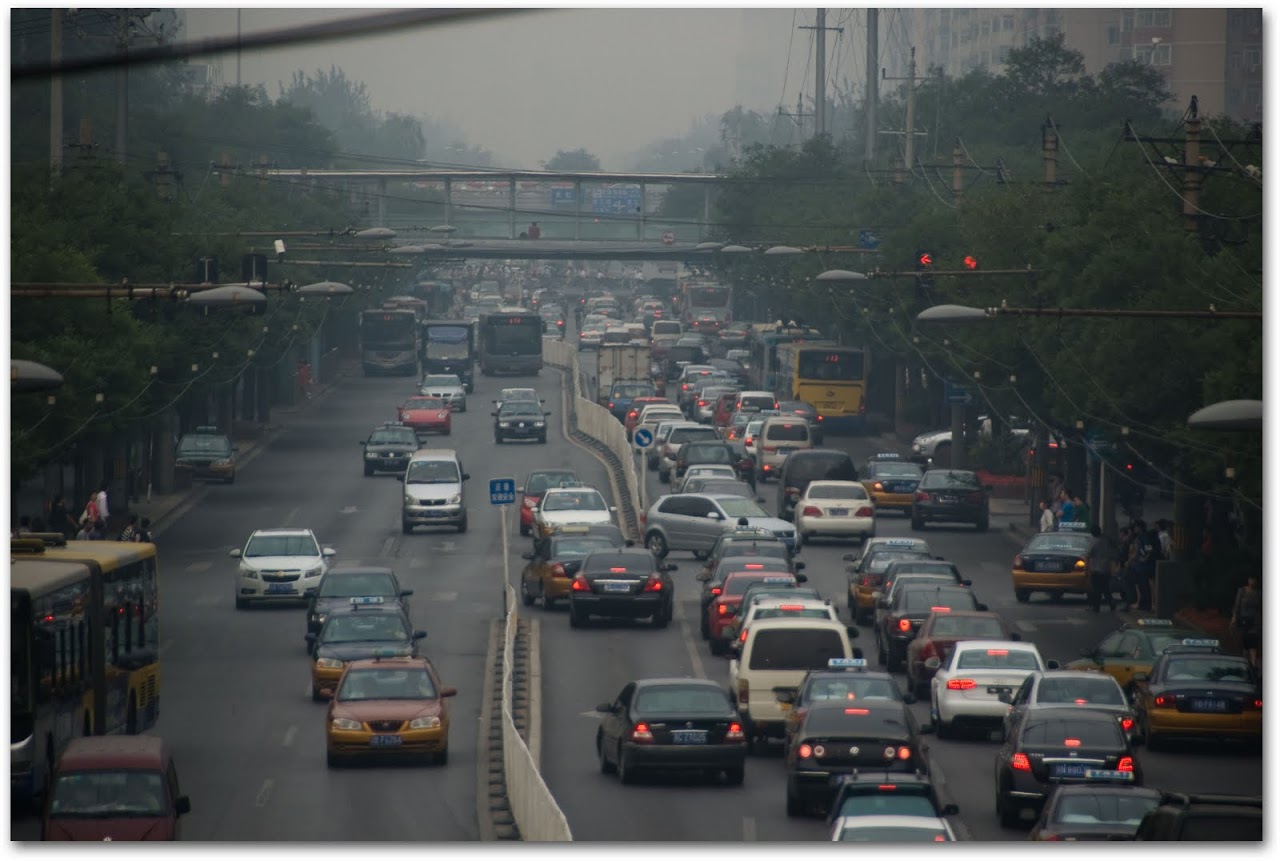
|
More than anything else, we wanted to stand on the Great Wall of China. Though we have seen, done, and eaten (and, boy , have we eaten) so much in the last eleven months, the Great Wall was a pinnacle, a travel goal that we both wanted to meet.
Great Wall, Mutianyu section
Our first morning in Beijing, we waited to take the bus to the Mutianyu section of the Great Wall. The men and women left their bags on the ground, unconcerned about the pickpockets that so freely roamed the city. They talked to each other in Mandarin, a language that sounded more unfamiliar than any we had heard before.
The steps of the Great Wall
The moment the bus arrived, the scene shifted and erupted. Elbows and knees knocked against each other, old men pushed young women, and children squeezed through the crevices. We entered the bus, concerned that we wouldn't be able to find a seat, and then realized that the bus was half-empty.
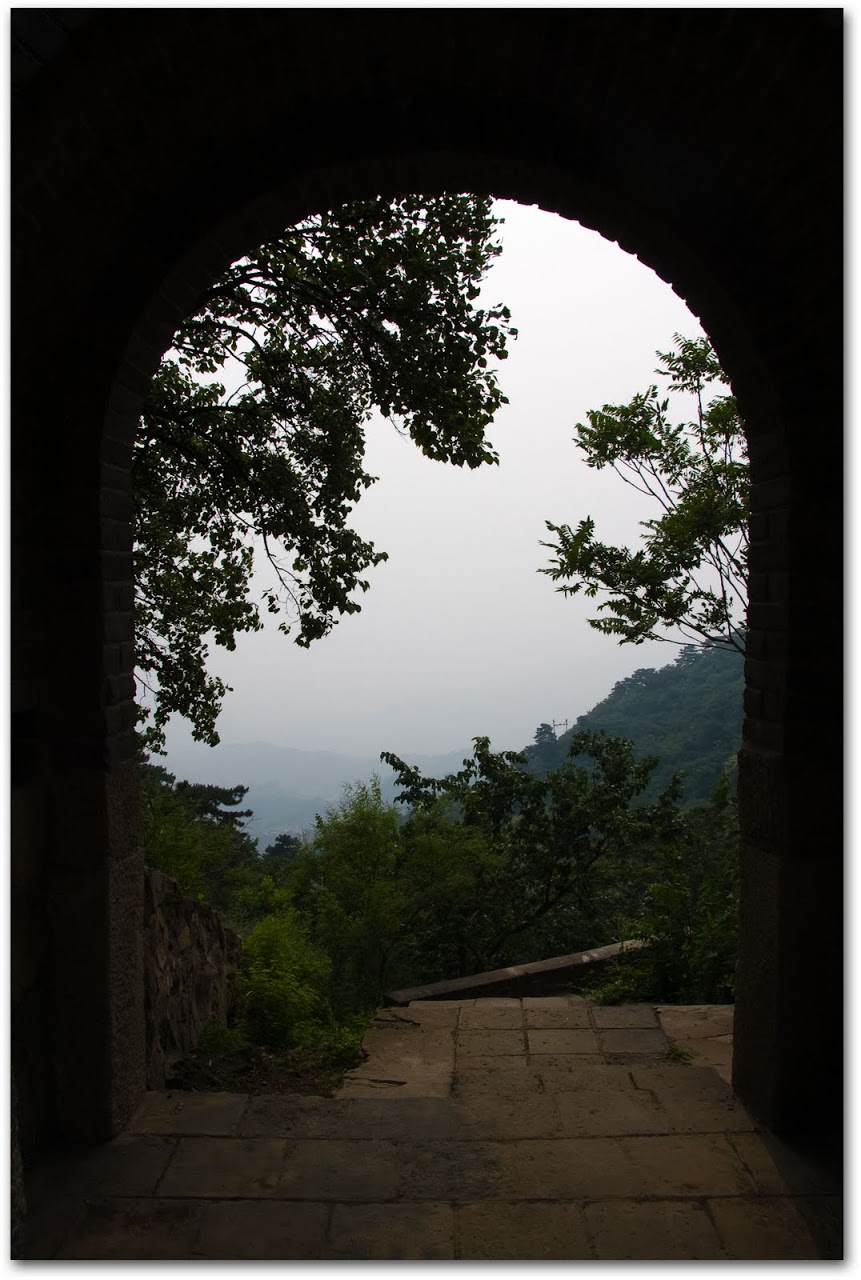
|
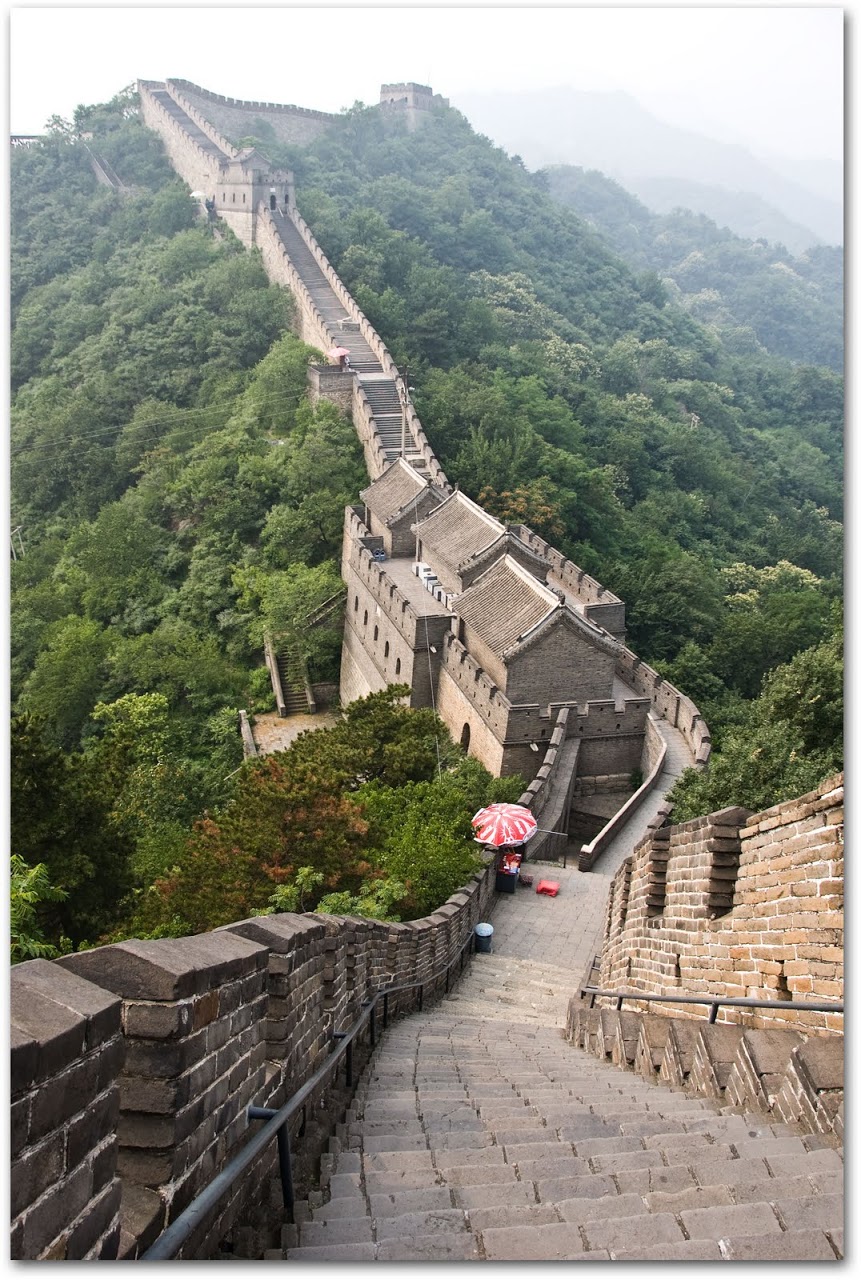
|
Looking through a tower; looking down the wall
On the bus, we met Megan, an American college student traveling with Don ( name changed slightly ), a Chinese friend who lived in Beijing. Don guided us away from the silver minivan drivers who accosted us when the bus reached the Mutianyu area. "Don't take any of these. Too expensive," he said. He negotiated a rate with a driver for 100 Yuan (about $16 USD) to take us on a "locals only" route to the wall.
An unrestored portion of the Great Wall
Two overweight Chinese men drove us down the dirty road marked "No tourists," and dropped us off at the edge of a narrow path. Perspiration clung to us and the Chinese men quickly hitched their T-shirts over their bulging bellies, a popular fashion in the hot Chinese summers. We hiked uphill for 45 minutes, struggling behind these much older men, wondering why we were so tired already. We would stop and drink water; they would hawk giant loogies from the far reaches of their throat and spit on the ground.
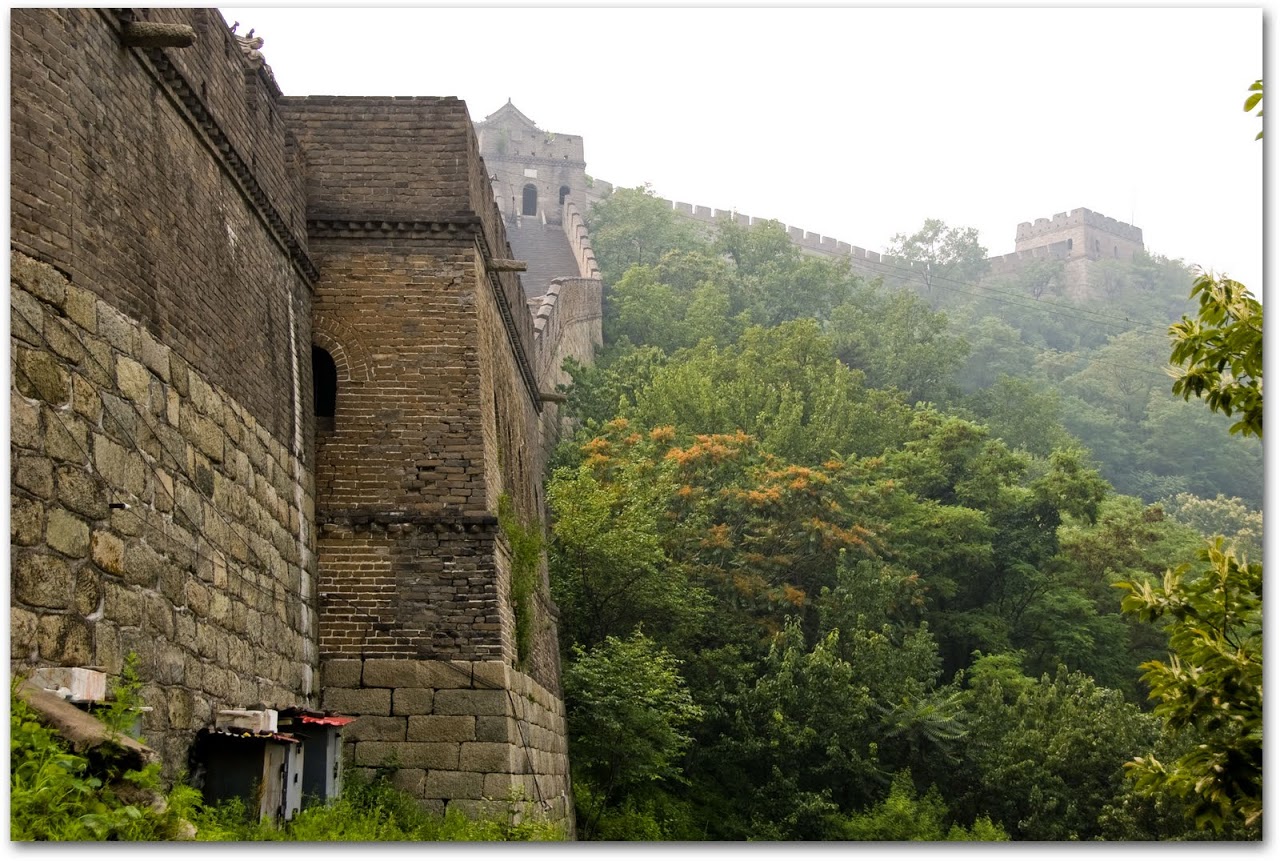
|
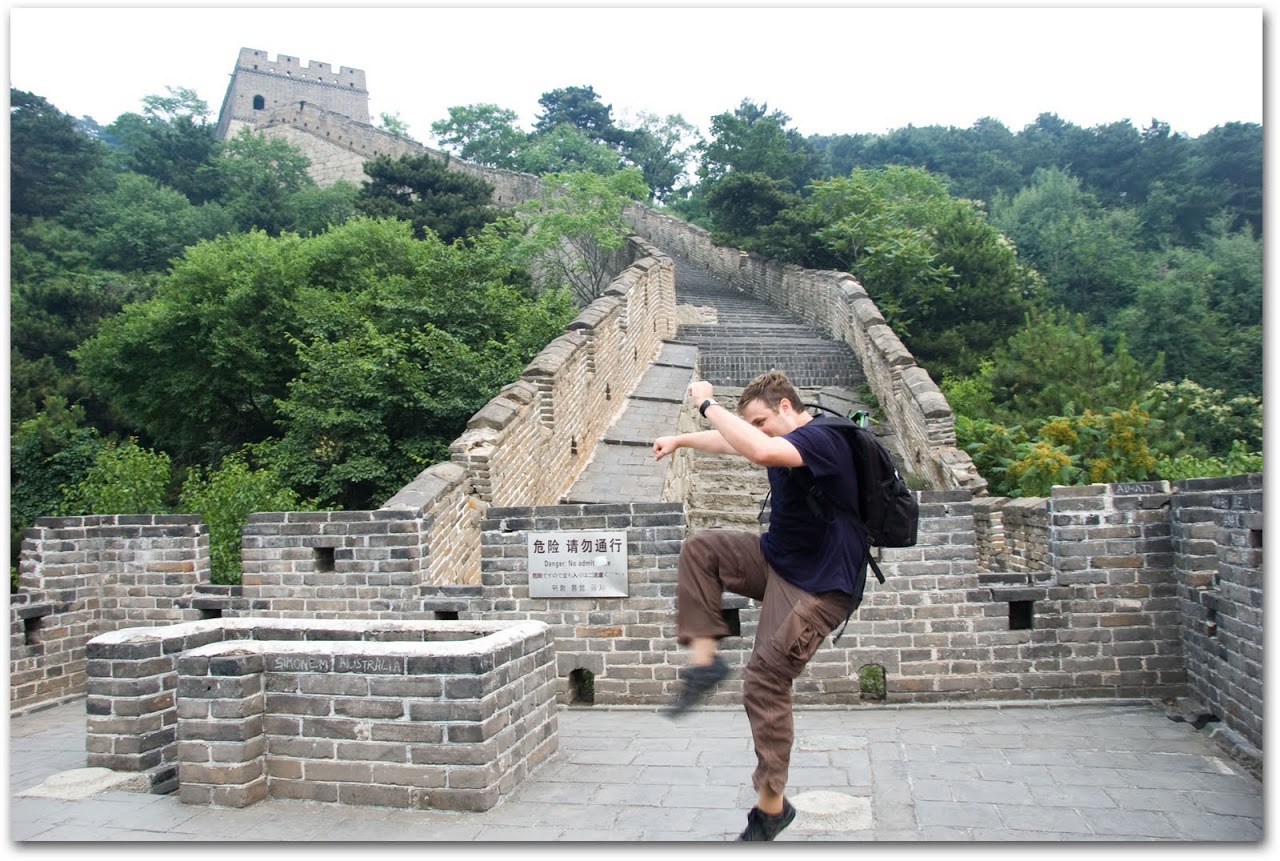
|
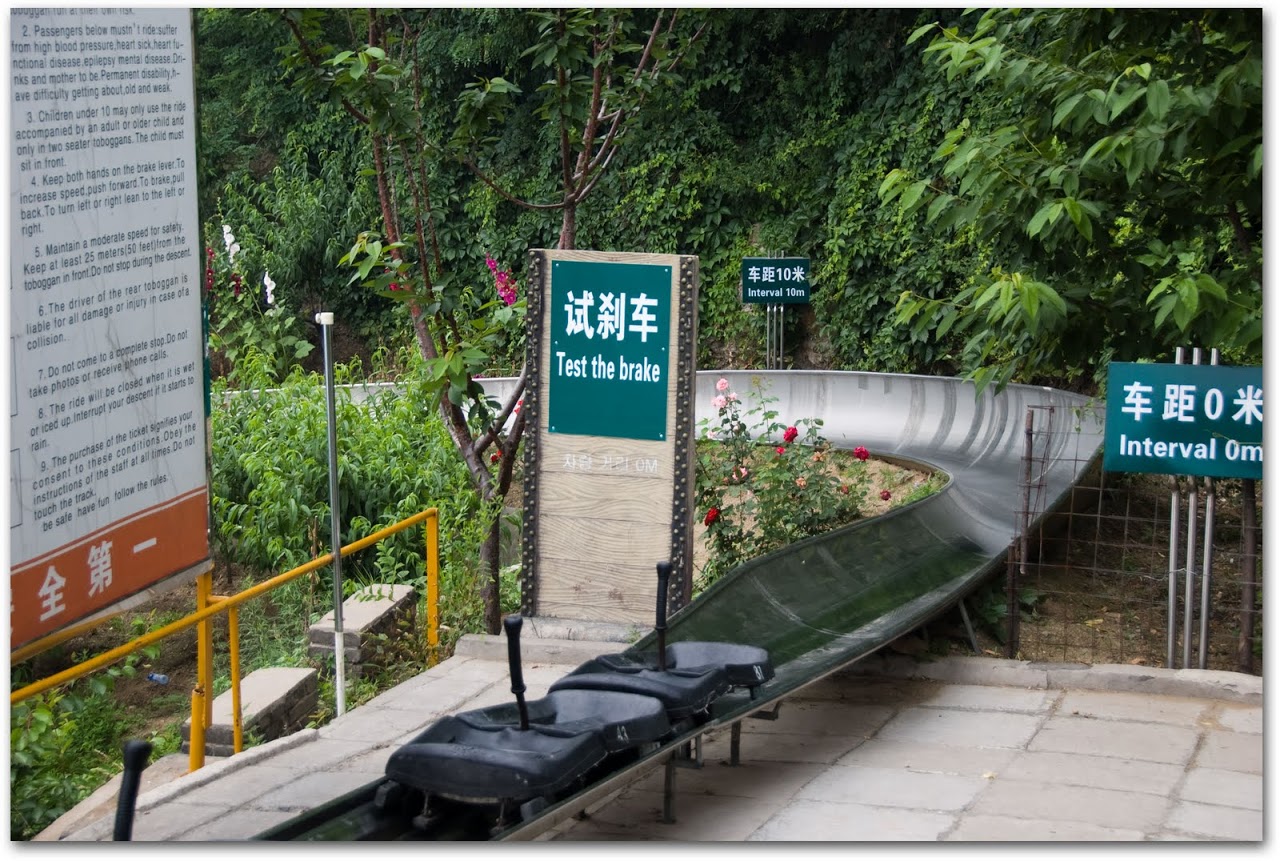
|
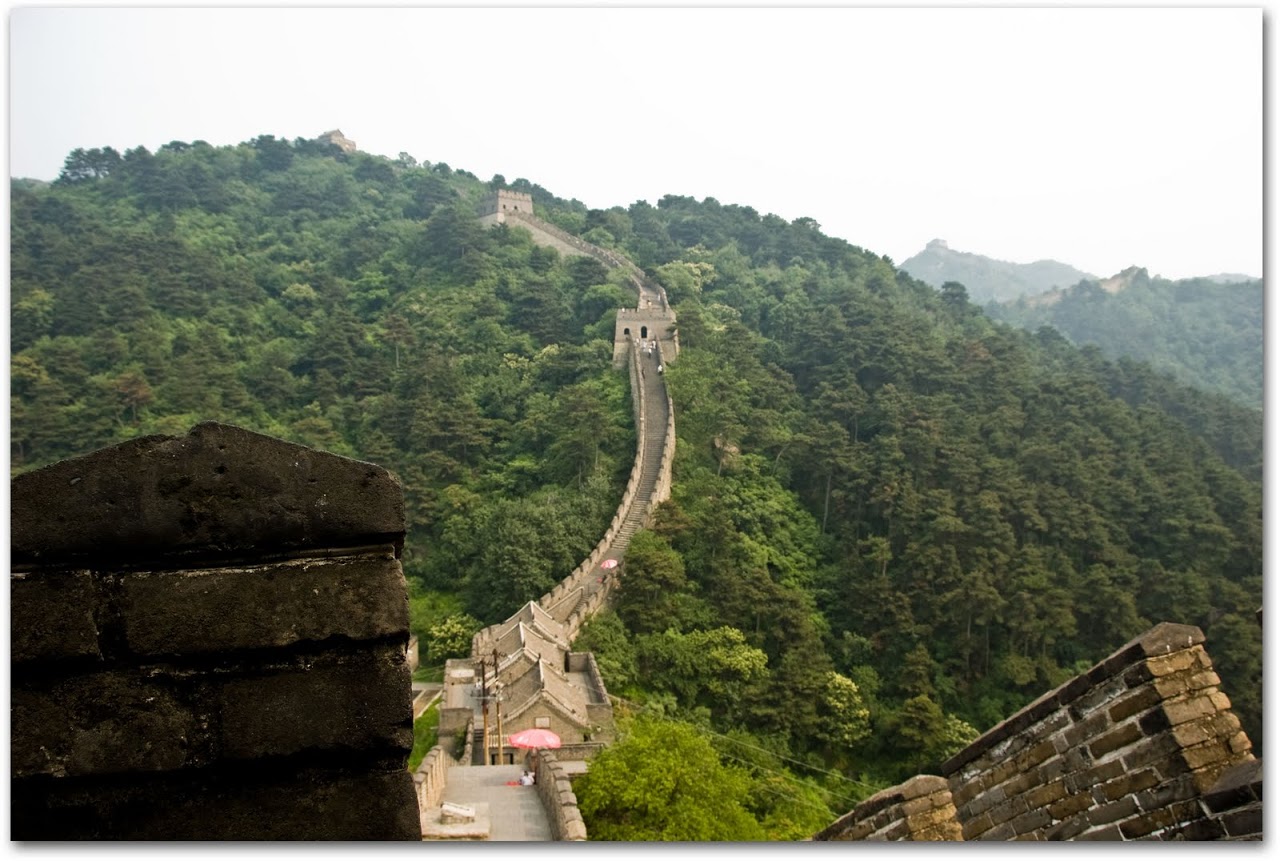
|
Our entrance to the Great Wall, a victory dance, the chute (yep, very fun) back down
We realized quickly that the pollution had corrupted our lungs. Every morning in Beijing, the sun rose at 4:30 a.m. and remained a sickly orange in a sky that wavered between gray to dark gray. A thick layer of smog, fog, or goodness-knows-what that crept over the city at all times. We panted and puffed to the Great Wall as our respiratory systems searched for oxygen.
Figurines on roof of Great Wall tower
After what seemed like three hours but was probably more like thirty minutes, we reached the Wall and walked up the steps to a main tower. While most tourists walked through a gauntlet of vendors selling water and dried fruits up the stairs to the Great Wall, our guides waved us down and yelled to Don in Mandarin, "Hurry! Go to the next point." We surreptitiously climbed into the next tower, searching for any guards, and then paid our guides. Almost six hundred years after it was built, we succeeded in doing what so many Manchurian warriors had strived to accomplish:: we infiltrated and snuck onto the Great Wall of China.
The unrestored section of the Great Wall (look at how the trees have grown in the middle of the Wall)
We spent that day walking the Wall, climbing the turrets, and exploring the overgrown unrestored areas, on a gloriously untouristed day. Don was a walking radio, bursting into Chinese pop music the moment we stopped talking. That evening, Patrick and I shared a silver minivan with two smiling women carrying baskets of apples and four teenagers whose English vocabulary was limited to "Hello, as ours was limited to "Ni hao." A young Chinese man with limited English helped us find the right bus for Beijing; we watched a NBA game on the way back, noting that the ticker and video company were blurred by the Chinese government.
The Great Wall with the mountains behind
The Great Wall was epic. Standing there on top of a wall that stretched through one of the greatest nations in the world helped us understand the glory of ancient China. But, taking the locals only route helped us understand a little bit about the China of today.




